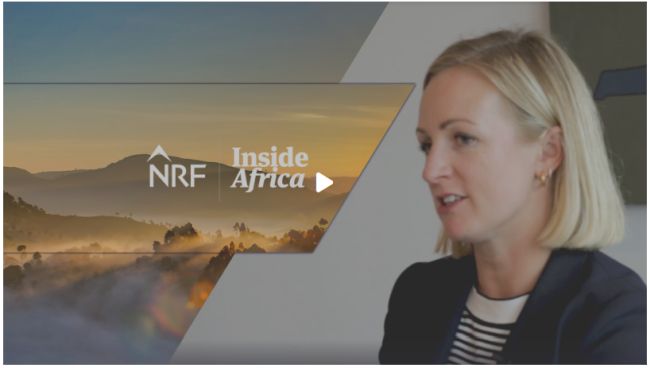High levels of political and economic instability in some African countries can often give rise to disputes between investors and the state when it comes to the development and operation of energy, mining and infrastructure projects across the continent. Expropriations, breaches of contract, the enactment of a new regulations (e.g. environmental, human rights, energy, tax, foreign exchange control laws) are all reasons why an investor might think about making a claim against an African state.
Investors can seek to mitigate disputes risks by structuring its investments in a way that benefits from investment protection, for example through bilateral investment treaties, which are usually backed by some form of dispute resolution mechanism. However, it is important to ensure the investment is structured appropriately so that the investor can indeed benefit from such treaty protection, for example by incorporating in a country that is covered by an investment treaty – and incorporating in a way that complies with the terms of that treaty.
In the event that an investor does need to make a claim, the first step is to check the provisions of the relevant investment treaty. Most treaties are likely to meet similar standards, for example by offering protection against unlawful expropriation without payment of compensation or by guaranteeing the physical security of the asset in the event of conflict. However, some of the wording contained within these provisions might be open to interpretation, such as the guarantee of "fair and equitable" treatment or "non-discrimination".
The content of this article is intended to provide a general guide to the subject matter. Specialist advice should be sought about your specific circumstances.



